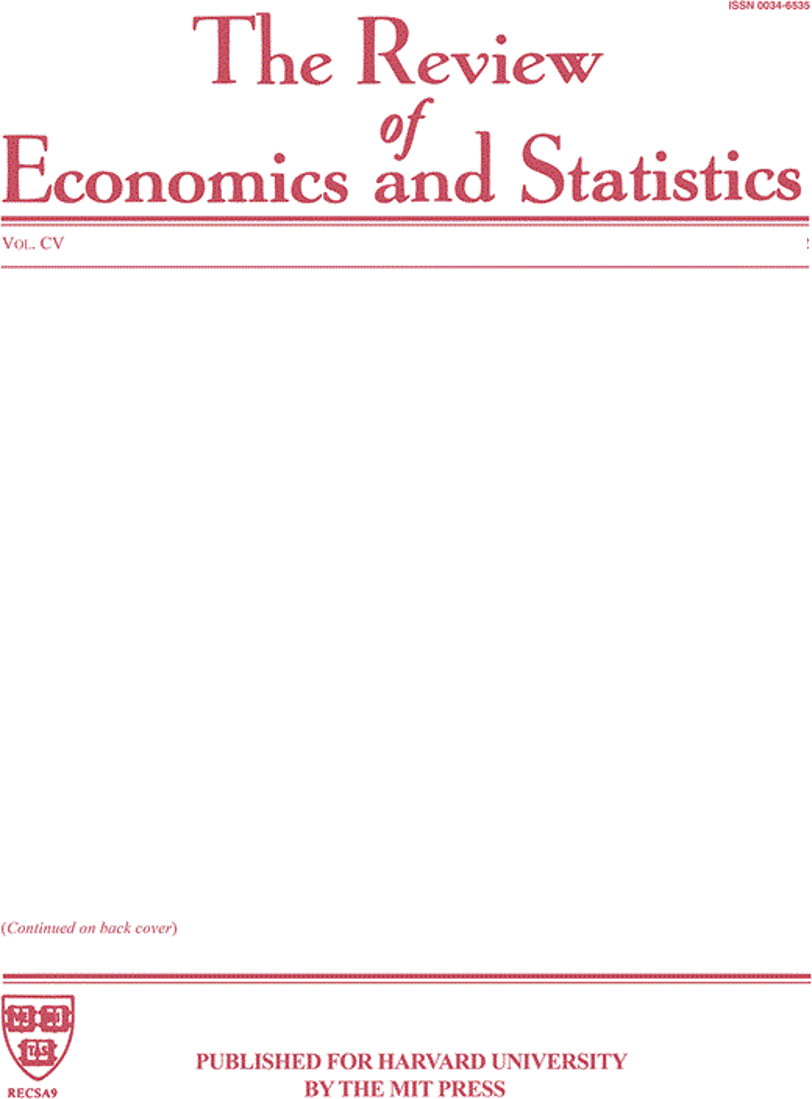Steffen Altmann, Armin Falk, Andreas Grunewald, The Review of Economics and Statistics, 1-45. [online Nov 2022]
Abstract:
We report results of two laboratory experiments and a representative survey that investigate how default effects are shaped by information asymmetries and strategic incentives. We document that defaults are more informative when the interests of default setters and decision makers are more closely aligned. Decision makers’ propensity to accept defaults depends, both, on the alignment of interests and the quality of their information. In a second experiment, we demonstrate that decision makers are more likely to follow defaults than to accept (equally informative) advice. Complementary evidence from a representative survey underlines that consumers commonly perceive defaults as being set strategically.
We report results of two laboratory experiments and a representative survey that investigate how default effects are shaped by information asymmetries and strategic incentives. We document that defaults are more informative when the interests of default setters and decision makers are more closely aligned. Decision makers’ propensity to accept defaults depends, both, on the alignment of interests and the quality of their information. In a second experiment, we demonstrate that decision makers are more likely to follow defaults than to accept (equally informative) advice. Complementary evidence from a representative survey underlines that consumers commonly perceive defaults as being set strategically.


